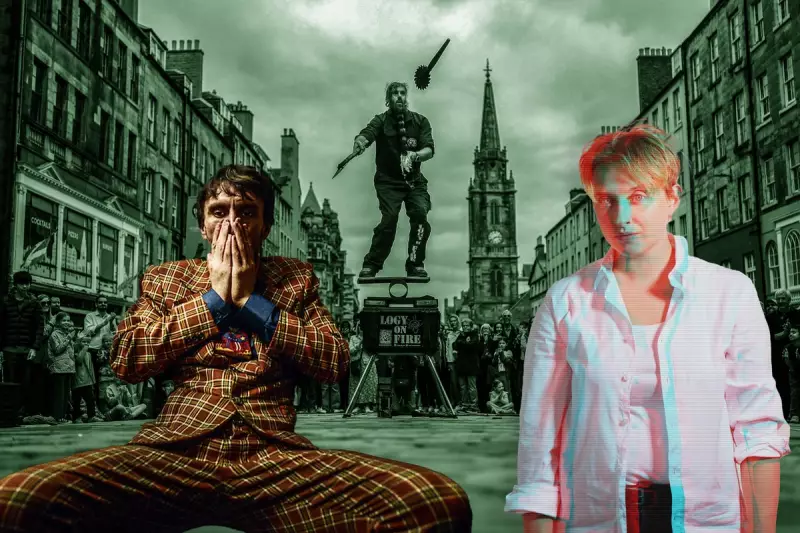
The Edinburgh Festival Fringe has long been a crucible for raw talent, but its greatest modern exports are shows forged in the fire of profound personal trauma. Two productions, in particular, have transcended their humble origins to become cultural touchstones: Phoebe Waller-Bridge's Fleabag and Richard Gadd's Baby Reindeer.
Both began as intensely personal, one-person shows on the Fringe, using the stage as a confessional to explore deeply painful experiences. Waller-Bridge's scathingly funny take on grief, guilt, and female sexuality became a global television sensation. Similarly, Gadd's harrowing account of being stalked, which also unflinchingly explores sexual assault, has captivated millions through its Netflix adaptation.
The Double-Edged Sword of Authenticity
This new wave of storytelling raises a critical question for the arts: is there a growing pressure for creators, particularly from underrepresented groups, to mine their own trauma for commercial success? The line between authentic expression and a perceived necessity to perform one's pain becomes dangerously blurred.
There's an undeniable power in this form of testimony. Audiences flock to these stories, seeking a connection that feels real and unvarnished. The success of Fleabag and Baby Reindeer proves there is a massive appetite for narratives that are messy, complicated, and deeply human.
A Legacy for Future Storytellers
The impact of these shows on the Fringe itself is immeasurable. They have redefined what is possible on a festival stage, demonstrating that stories of personal anguish can achieve critical and commercial acclaim on a monumental scale.
However, this also sets a formidable precedent. Emerging artists may now feel compelled to share their most vulnerable moments to be heard, creating an potentially unhealthy ecosystem for artistic creation. The challenge for the future of theatre will be to celebrate authentic trauma narratives without making them a prerequisite for breakthrough success.





